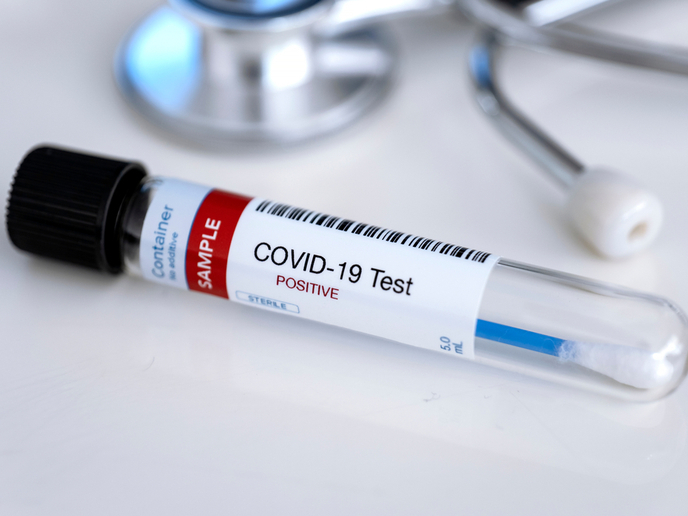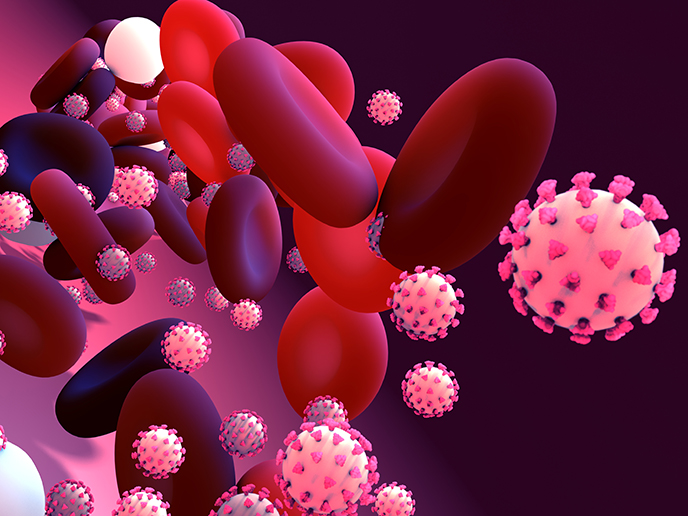Inhibition of kinase activity for the treatment of autoimmunity
Despite their great variability in presentation and aetiology, autoimmune diseases share certain pro-inflammatory signals, including cytokine secretion. In recent years, the ability to selectively suppress cytokines has opened up new avenues of therapeutic exploitation by alleviating disease symptoms in both rheumatoid arthritis (RA) and inflammatory bowel disease (IBD). Based on this, scientists of the EU-funded 'Novel anti-inflammatory compounds for autoimmune diseases' (KINACEPT) project set out to design novel drugs against kinases implicated in the onset of pro-inflammatory signals. In particular, they focused on p38 alpha kinase responsible for TNF alpha cytokine expression. However, given the different p38 isoforms and the variability in expression among patients, the consortium set out to answer why p38 suppression may not be effective in all cases. To this end, researchers used models made out of human explant tissues to screen various lead compounds. The goal was to characterise lesions and peripheral blood for response to the inhibitors, and expression of the target and related proteins. For this purpose, they set up methods for detecting all the p38 isoforms and found that p38 MAPK alpha was the dominant form in both diseased and inflamed tissue. For Crohn's disease, the delta isoform was considered as the most disease-specific target. KINACEPT chemists synthesised a scaffold of broad spectrum cytokine suppression characteristics. The prototype compound CSY0073 was shown to inhibit the release of all pro-inflammatory cytokines following immune stimulation in mice. Similar results were obtained in a mouse model of induced colitis where CSY0073 exhibited protection against disease onset. These promising findings were extended to rheumatoid arthritis where CSY0073 was seen to demonstrate its anti-inflammatory activity through NF–kB signalling. Toxicology evaluation of the KINACEPT-developed drugs is required before they can be tested for efficacy in clinical trials. Patient stratification strategies would guarantee that only patients with a potential to respond to therapy would be chosen. Furthermore, given the implication of p38 in cancer progression, the inhibitors generated in this study could be applied for the treatment of cancer.







